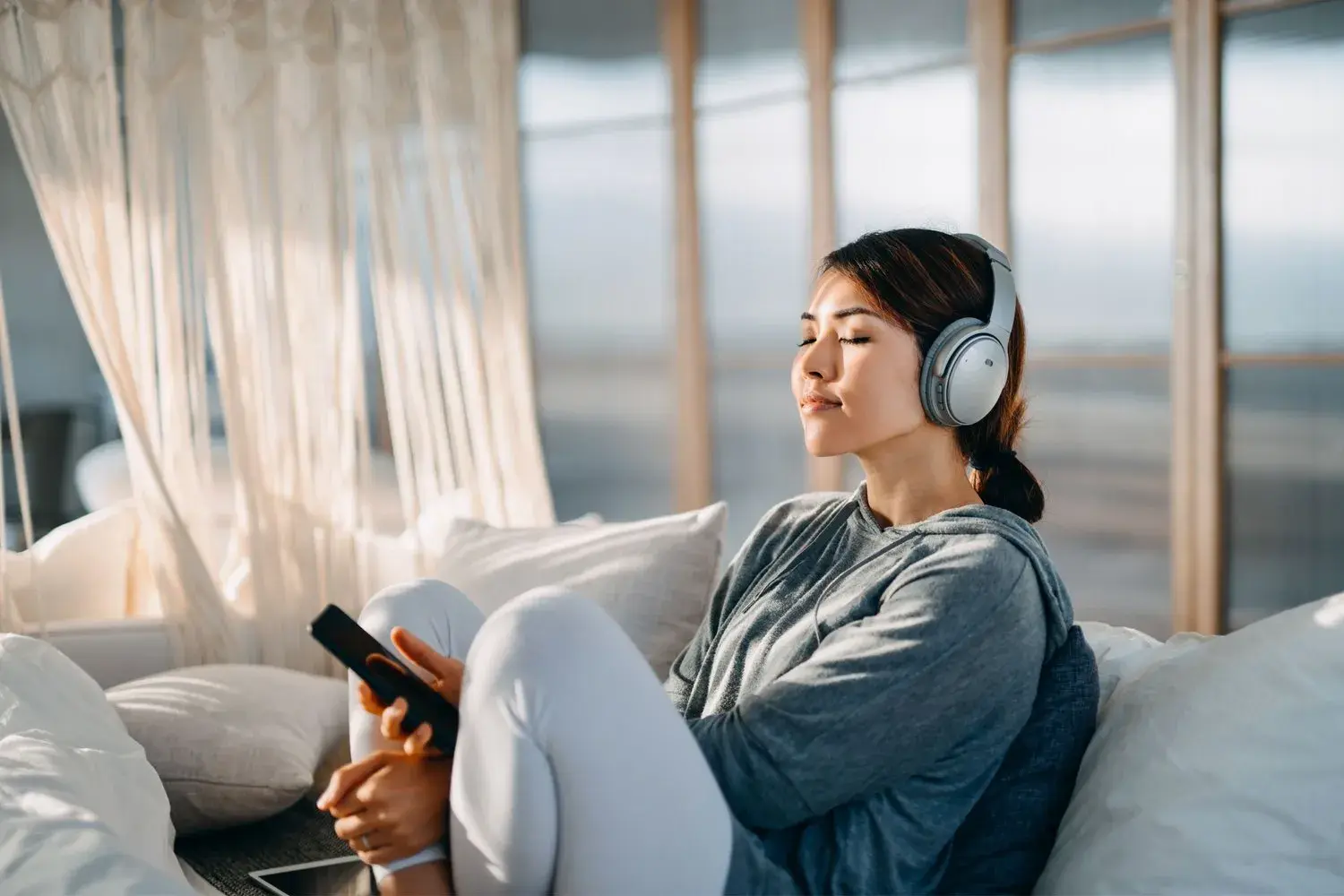- Sleep apnea
- Symptoms
- Diagnosis
- Treatment
- Products & support
- AirFit F40
- CPAP ecosystem
- AirMini App
- Product list
- The right CPAP mask
- CPAP masks
- AirCurve 10
- CPAP accessories
- Astral accessories
- Stellar accessories
- ResMed Battery & Converters Accessories
- CPAP Humidifcation & Tubing Accessories
- CPAP Maintainance
- MyAir
- Finding the right CPAP mask
- AirSense 10 Devices
- Astral Devices
- Stellar Devices
- Lumis 150 Devices
- Airmini Devices
- Airstart 10
- Home Sleep test
- AirFit N30 Mask
- AirFit P30i Mask
- AirFit F20 Mask
- AirFit N30i Mask
- AirFit P10 Mask
- AirFit F30i Mask
- AirTouch F20 Mask
- Pixi Mask
- AirFit N20 Mask
- Product Warrenty
- airfit-n20
- My Air Staging
- AirTouch N30i
- Snoring
- Sleep health





